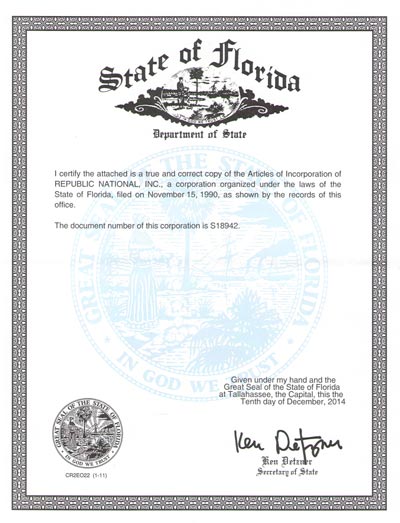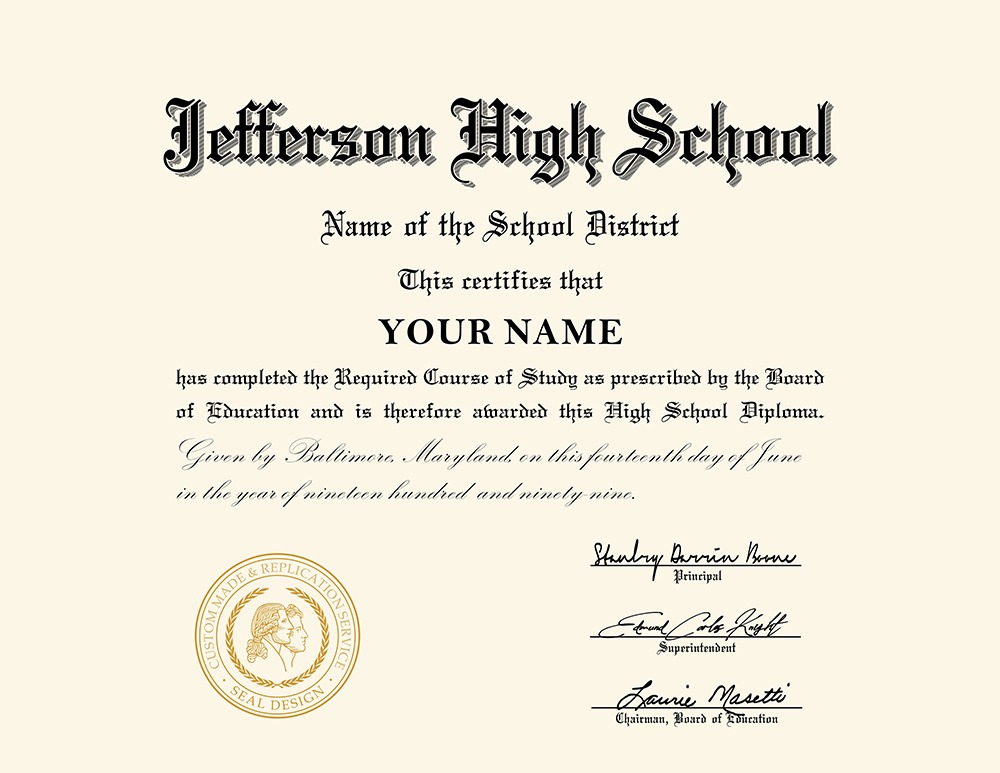Recognizing the Apostille Process: A Comprehensive Overview to International Record Verification
Navigating the intricate landscape of international file authentication can be daunting without a clear understanding of the apostille process. This guide carefully outlines the needed steps, from recognizing which papers call for accreditation to submitting them for verification by the Competent Authority. Understanding the relevance of an apostille and identifying possible pitfalls, such as insufficient entries and language barriers, can significantly improve the verification trip. What exactly specifies an apostille, and why is it so crucial for records destined for Hague Convention countries? These inquiries form the structure of our exploration into this necessary legal procedure.
What Is an Apostille?
An apostille is an official certification that validates the credibility of a paper for use in an additional country. This qualification, released by an assigned authority in the country where the document stemmed, guarantees that the document is identified as legitimate and legit in the worldwide sector. The process of getting an apostille entails a number of actions, including the verification of the document's trademarks, seals, and stamps by suitable governmental bodies.
The apostille works as a globally acknowledged type of authentication, implemented by the Hague Convention of 1961. This treaty, officially understood as the Hague Convention Abolishing the Requirement of Legalisation for Foreign Public Files, standardizes the procedure of file certification among participant nations. The apostille itself is a standardized certificate that has specific details, such as the issuing authority, the native land, and the date of issuance.
It is very important to keep in mind that not all papers are qualified for an apostille. Typically, public documents like birth certifications, marital relationship licenses, court orders, and educational diplomas get approved for this accreditation. Private files, such as contracts and contracts, may need notarization and added steps to certify.
Value of Apostille
Recognizing what an apostille is establishes the phase for valuing its significance in global ventures. houston tx apostille. An apostille, essentially a kind of certification issued by a designated authority, confirms the authenticity of a record for usage in foreign countries that are signatories to the Hague Apostille Convention. This standard process eliminates the requirement for further legalization by consular offices or consulates, consequently enhancing international purchases
It makes certain the trustworthiness and acceptance of crucial documents-- such as birth certifications, marriage licenses, and academic diplomas-- throughout boundaries. For companies, it assists in the smooth conduct of international profession, mergers, and acquisitions by offering a trusted technique of paper confirmation.
Furthermore, an apostille improves legal protection and conformity. Federal governments and establishments can confidently count on the authenticity of papers birthing an apostille, alleviating the risk of scams and misstatement.
Files That Require Apostille
When involving in global purchases or lawful issues, particular papers frequently require the authentication given by an apostille. This guarantees their recognition and acceptance in countries that are signatures to the Hague Apostille Convention. Generally, personal records such as copyright, marital relationship certifications, and fatality certifications call for an apostille, particularly when they are made use of for processes like immigration, marital relationship abroad, or international probate matters.
Educational documents are an additional group regularly requiring apostilles. Diplomas, records, and view academic records see here now usually need this verification for purposes such as pursuing further education and learning, work, or specialist licensing in a foreign country (houston tx apostille). This action guarantees that the records are acknowledged as legitimate and legitimate
Legal files, consisting of powers of attorney, testimonies, and court orders, likewise commonly require apostilles. Company papers such as certifications of incorporation, laws, and commercial agreements might call for an apostille to promote international trade, establish international branches, or involve in cross-border lawful proceedings.
Actions to Get an Apostille

Acquiring an apostille includes a multi-step procedure that guarantees the credibility and acceptance of your records in foreign countries. The first step is identifying which records need an apostille. houston tx apostille. Usual papers consist of copyright, marital relationship licenses, academic records, and business records
When identified, the paper needs to be licensed by the ideal releasing authority. click for source After qualification, the record should be submitted to the designated Competent Authority in the file's nation of origin.
The entry procedure normally needs a finished application kind, the original record, and a cost. Some territories may offer the choice of expedited handling for an additional fee. Upon effective confirmation, the Competent Authority will fasten the apostille certification to the paper, thus validating its credibility.
Usual Challenges and Solutions
Browsing the apostille process can offer a number of common obstacles that, if not effectively addressed, might postpone or make complex paper authentication. Each nation has particular requirements for the kinds of papers that can be apostilled, and any kind of variance from these can result in denial.
An additional typical difficulty is understanding the different processing times. Processing times can differ substantially between nations and also between various areas within the same nation. It is important to account for these variants when preparing the apostille process to stay clear of unexpected hold-ups.
Additionally, language obstacles can position considerable obstacles. Documents in an international language often call for certified translations, and any inaccuracies in translation can result in more problems. Involving an expert translation solution can mitigate this danger.

Conclusion
Mastering the apostille process dramatically enhances the performance of worldwide file verification. By understanding the necessity of identifying and accrediting called for documents, and navigating the entry to the Competent Authority, the procedure becomes more workable. Recognition of common difficulties, such as insufficient entries and language obstacles, even more help in stopping prospective delays. Guaranteeing documents are correctly apostilled facilitates their approval in Hague Convention signatory nations, therefore sustaining smooth international lawful and management treatments.